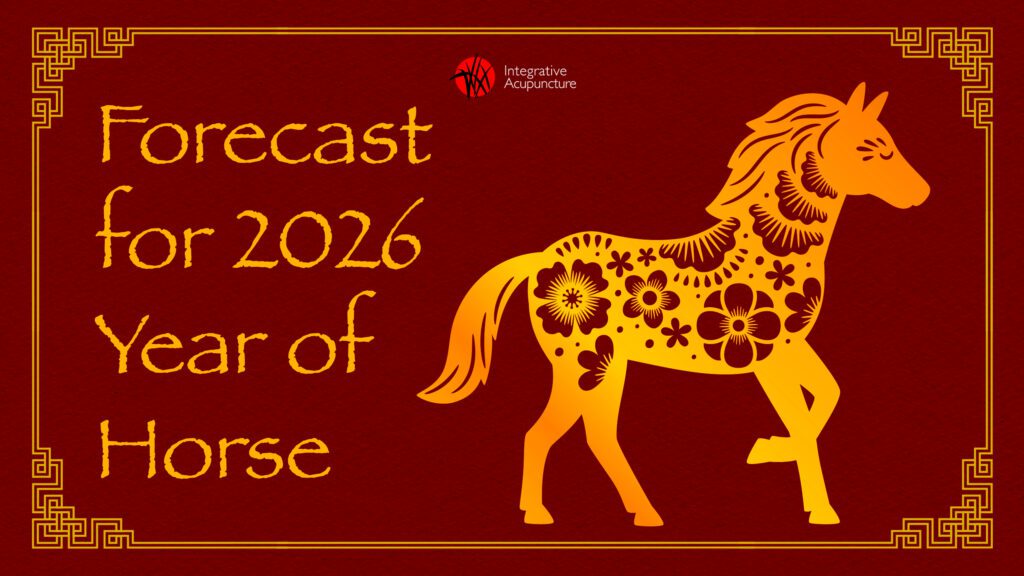Problems with Endocrine Health may lead to tiredness, infertility, weight gain, depression, digestive problems, hair loss, arthritis, and feeling chilled no matter the temperature.
The endocrine system is responsible for hormonal functions in the body. It produces thirty distinct hormones each of which has a very specific job to do. This system controls your physical growth, mood, hormone output, reproduction, mental functionality, and immune system. When not working properly you become more susceptible to disease and your ability to fight off infection is weakened. Endocrine glands and their functioning impacts every area of your health.
What are the endocrine glands and what do they do?
The major endocrine glands include the adrenals, pancreas, pineal, pituitary, reproductive and thyroid glands.
Adrenals
Adrenal glands regulate the body’s response to stress and are made of two parts, each of which secretes a separate set of hormones. The outer part produces corticosteroid hormones. These regulate the balance of salt and water, stress response, metabolism, immune function, and sexual development and function. The inner part secretes adrenaline hormones that increase blood pressure and heart rate in response to stress. Over time chronic elevated stress levels can lead to weight gain. It can also effect decreased resistance to infections, fatigue, muscle aches and low blood sugar.
Pancreas
The pancreas produces insulin and glucagon-two hormones that work together to supply the body’s cells with a constant supply of energy in the form of glucose.
Pineal
The pineal gland is also known as the epiphysis cerebri, epiphysis or the “third eye”. It produces the serotonin derivative melatonin, a hormone that affects the modulation of wake/sleep patterns and seasonal functions.
Hypothalamus /Pituitary
A collection of specialized cells that provide the primary link between the endocrine and central nervous systems. Nerve cells and hormones signal the pituitary gland to secrete or suppress the release of various hormone messages to the other glands. The pituitary gland is also responsible for secreting growth hormones.
Reproductive
These glands secrete hormones that control the development of male and female characteristics. In males these glands secrete androgen hormones, most importantly testosterone. In females they produce estrogen, progesterone, eggs and are involved in reproductive functions.
Thyroid
Thyroid hormones control the growth, temperature and function of every cell in the body. The gland acts as the metabolic engine of the body. If it secretes too little hormone the body slows and dies. If it secretes too much the body burns out and dies.
A healthy endocrine system that continues to secrete adequate amounts of hormones will slow the aging process and keep you vibrant and healthy as you age.
When treating a suspected endocrine condition with acupuncture, the acupuncturist seeks the root cause of the patient’s imbalance. The endocrine system is closely tied to the balance of the Yin energy and the Yang energy. Imagine that the Yang energy is like gasoline that fuels a car, and the Yin energy is the coolant for the car’s engine. Without the coolant, the engine overheats and begins to burn out. Acupuncture and East Asian Medicine work to make sure the Yin and Yang are equal within the body restoring your essential internal balance. The root of the body’s energy in East Asian medicine is the Kidney meridian. Treatment used to strengthen the Kidney Meridian also restores nourishment to your endocrine glands.
Acupuncture can be used to restore hormonal balance
Acupuncture regulates energy levels, smooth emotions and help manage sleep and menstrual problems. Treatments take all symptoms into account and are aimed at balancing the energy in your body, optimizing your health. Also, restoring immune function and balancing the production and release of hormones is achieved. Acupuncture and lifestyle changes with special exercises may be recommended.
Many patients benefit from an integrated Eastern and Western medical approach to endocrine health. The strong point of Western medicine is intervention in life-threatening illness. Whereas, the strong point of Eastern medicine is increased quality of life. Therefore it is optimal to have both Eastern and Western medicine options available for the most comprehensive care.
Special thanks to Georjana Shames LAc Dipl.OM CMT, for this guest post










